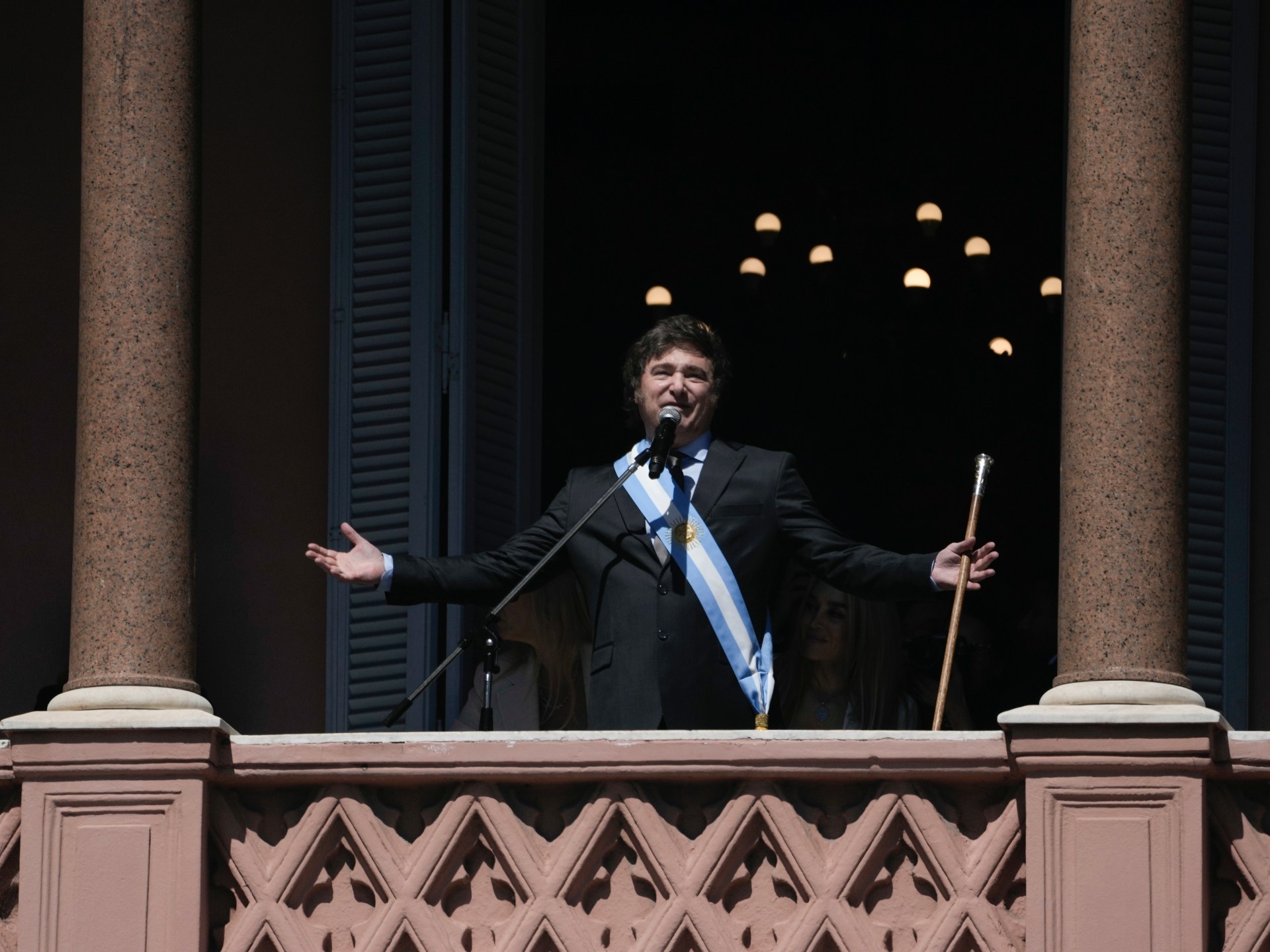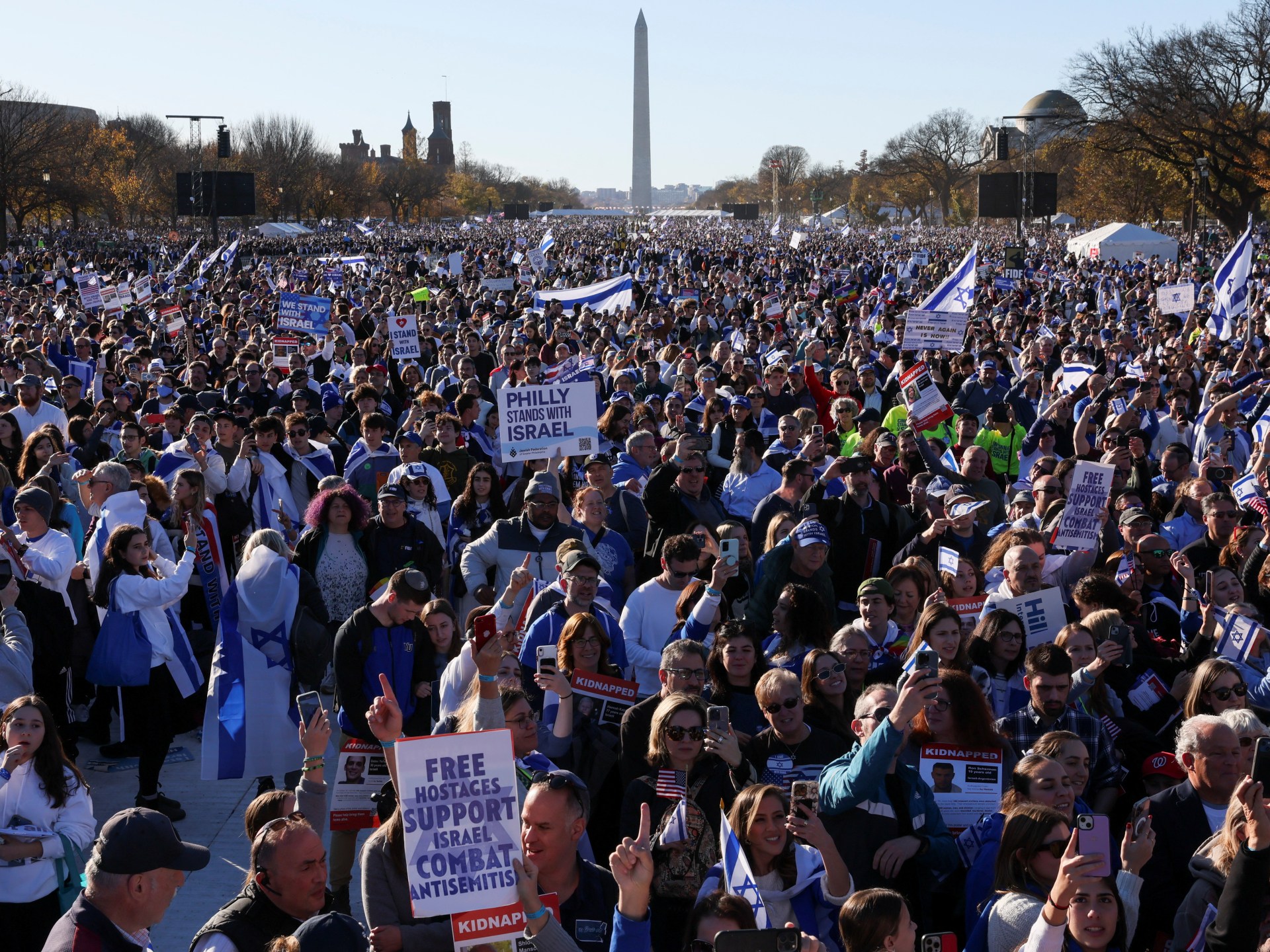
The United Nations’ top court will not address aspects of the case that accuses Russia of violating the Genocide Convention by falsely claiming genocide.
The International Court of Justice (ICJ) has ruled that parts of Ukraine’s case against Russia, which argues that Moscow baselessly accused Kiev of genocide to justify its 2022 invasion, can move forward.
However, the ICJ decided on Friday that it would not deal with it whether Russia violated the 1948 Genocide Convention by allegedly using fabricated allegations of genocide as a pretext for war, even though the invasion may have broadly violated international law.
Instead, the case examines whether Ukraine committed genocide in the eastern parts of the country, as Russia claims – a matter over which judges have ruled they have jurisdiction.
When Russian President Vladimir Putin ordered the invasion on February 24, 2022, he argued, among other things, that the pro-Russian population in eastern Ukraine was “subject to harassment and genocide by the Kiev regime.”
Ukraine filed a lawsuit with the International Court of Justice “strongly denying” this and arguing that Russia’s use of “genocide” as a pretext for invasion violates the Genocide Convention.
“In the present case, the Russian Federation would have maliciously claimed that Ukraine had committed genocide and taken certain measures against it under such a pretext, which the defendant did [Ukraine] claims that this would not in itself constitute a breach of obligations under the Genocide Convention, the ICJ said in the ruling read by its President Joan Donoghue on Friday.
The ICJ, known as the world courtsaid it had no jurisdiction to decide whether the Russian invasion violated the Genocide Convention or whether Moscow’s recognition of Donetsk and Luhansk, two breakaway republics in eastern Ukraine, was a violation of the convention.
However, the judges said they would grant Ukraine’s request that the court rule that there was “no credible evidence that Ukraine is committing genocide in eastern Ukraine in violation of the Genocide Convention.”
Kiev is demanding a declaration from the International Court of Justice that it did not commit genocide. A final, legally binding decision is likely to be years away.
enforcement
Before Russia gives everything Invasion of Ukraine In 2022, Ukraine had been fighting against Russian-backed separatist forces in the east of the country since 2014. However, Kiev insists there is no risk of genocide there.
To justify its invasion, Moscow not only cited an alleged “genocide” against the Russian-speaking residents of Donetsk and Luhansk, but also invoked NATO’s eastward orientation extension as one of the reasons for the conflict.
Triestino Mariniello, a law professor at John Moores University in Liverpool, said Friday’s ruling was important because it moved the case to the merits.
“It confirmed that there is a dispute between Russia and Ukraine over the application, interpretation and compliance of the Genocide Convention and that the court has particular jurisdiction to determine on the merits that Ukraine has not committed genocide in this specific case.” Luhansk and Donetsk areas on Ukrainian territory,” Mariniello told Al Jazeera.
Last month the ICJ dismissed big parts a Ukraine petition accusing Russia of “terrorism.”
In March 2022, shortly after Russia’s invasion of Ukraine, the top UN court ordered Moscow to halt its military offensive.
Although the court’s decisions are legally binding, there is no enforcement mechanism.
“It’s up to individual states – in this case Russia – or international organizations like that [UN] “We ask the Security Council to implement such decisions or judgments,” Mariniello said.






Recent Comments